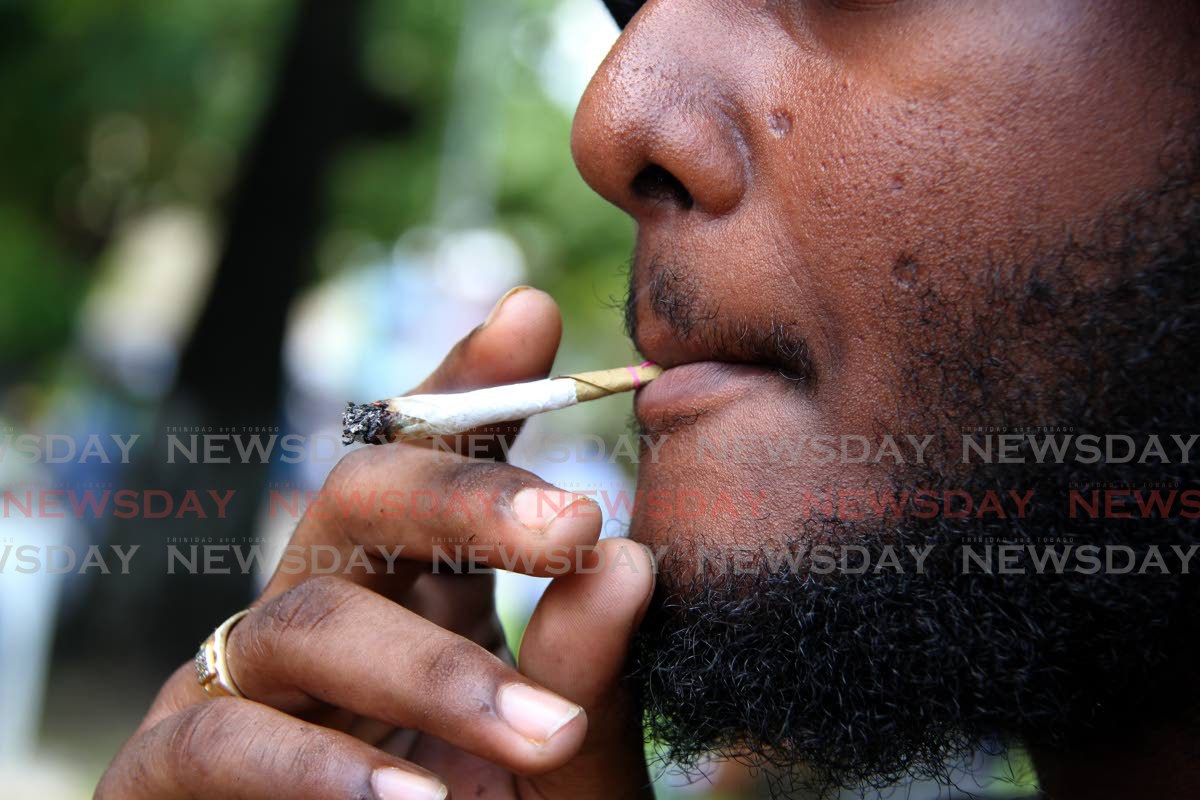The geopolitical landscape in the southern Caribbean has intensified following the deployment of US Navy forces, led by the USS Gravely, to the region. Ordered by President Donald Trump, this military presence aims to disrupt the illegal drug trade flowing from Venezuela to the Caribbean and North America. The USS Gravely, equipped with advanced missile systems, is part of a broader blockade around Venezuela, prompting President Nicolas Maduro to call for peace. Despite Venezuela not being a major drug producer, the US maintains that its operations are crucial in combating narcotics trafficking. Trinidad and Tobago (TT), located just seven miles from Venezuela, has openly supported the US’s aggressive stance, with Foreign Affairs Minister Sean Sobers reiterating Prime Minister Kamla Persad-Bissessar’s declaration to “fight fire with fire” against drug traffickers. The US has already conducted eight lethal missile strikes in the Caribbean and Pacific, resulting in the deaths of 43 alleged drug traffickers, including at least two Trinidadians. These operations have disrupted drug supply chains, causing a sharp increase in the price of marijuana and other narcotics. Local police report that the price of Colombian kush marijuana has doubled, while high-grade marijuana has seen a significant price hike. The scarcity of imported drugs has led to a surge in demand for locally grown marijuana, providing an opportunity for local farmers. However, the crackdown has also raised concerns about increased crime, as some individuals may turn to illegal activities to compensate for lost income. Additionally, the limited supply has led to fears of laced marijuana, with dealers potentially adding harmful substances to stretch their supply. The situation remains complex, with the US-Venezuela tension continuing to impact the region’s socio-economic fabric.
